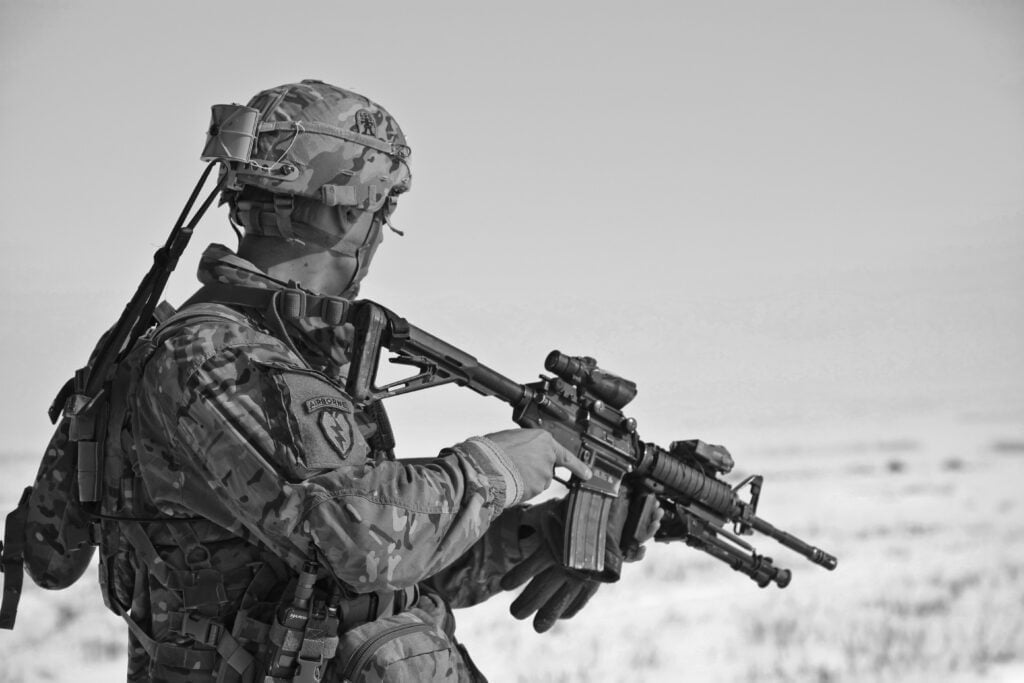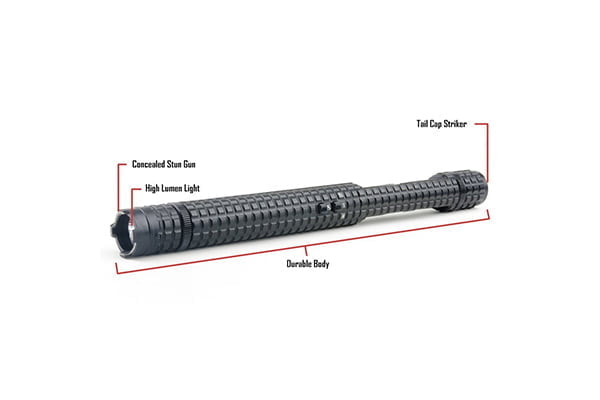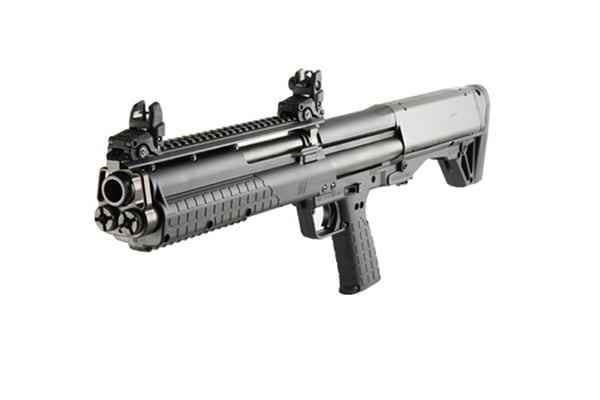
The National Firearms Act (NFA) was passed all the way back in 1934, but it affects us to this day.
It is a federal law that regulates the possession, transfer, and registration of certain types of firearms and ammunition.
The NFA was passed in response to the Prohibition-era gangster violence. The idea was to control the spread of automatic weapons and other weapons that are considered to be particularly dangerous.
What Dangerous Weapons Did the NFA Cover?
It defines a number of categories of regulated firearms, including:
- Machine guns: Any firearm that can fire repeatedly, without manual reloading, “by a single function of the trigger”. Both continuous fully automatic fire and “burst fire” (e.g., firearms with a 3-round burst feature) are considered machine gun features. The weapon’s receiver is the actual regulated firearm.
- Short-barreled rifles (SBRs): Rifles with a barrel length of less than 16 inches or an overall length of less than 26 inches.
- Short-barreled shotguns (SBSs): Shotguns with a barrel length of less than 18 inches or an overall length of less than 26 inches.
- Any other weapon (AOW): A firearm that does not fit into any other category of regulated firearm, but that is nonetheless considered to be particularly dangerous. Examples of AOWs include sawed-off shotguns, pen guns, and flare guns with removable barrels.
- Silencers: Devices that are designed to suppress the sound of gunfire.
Did the NFA Include Ammo?
The NFA also regulates the possession and transfer of certain types of ammunition, including:
- Armor-piercing ammunition: Ammunition designed to pierce body armor or other protective gear.
- Destructive devices: Explosive devices, such as grenades and mortars.
The Bureau of Alcohol, Tobacco, Firearms and Explosives (ATF) enforces the NFA. To legally possess a regulated firearm or ammunition under the NFA, an individual must first obtain a permit from the ATF.
The permit process requires fingerprints, photographs, and a background check. The individual must also pay a $200 tax for each regulated firearm or ammunition that they wish to possess.
Is the NFA a Good or a Bad Thing?
The NFA is a controversial law, and plenty of US citizens want to scrap it entirely or modify it heavily. Supporters of the NFA argue that it helps control the spread of dangerous weapons. Opponents of the NFA argue that it is an infringement on the Second Amendment right to bear arms.
We’re kind of in the second camp, especially when you take into account further laws and amendments that have followed in its wake.
Recently the ATF has begun to overreach and tried to reclassify any braced pistol as a Short Barrel Rifle. That battle is now playing out in the courts and it is not going well for the ATF.
Conclusion
The National Firearms Act is a complex law that regulates the possession, transfer, and registration of certain types of firearms and ammunition. The NFA is intended to control the spread of dangerous weapons, but it is also a controversial law that has been criticized by some as an infringement on the Second Amendment right to bear arms.
Here are some additional things to keep in mind about the NFA:
- The NFA does not apply to all firearms. Handguns, for example.
- The NFA only applies to the possession and transfer of regulated firearms and ammunition. It does not apply to the use of these weapons.
- There are a number of exceptions to the NFA. For example, certain types of AOWs are not regulated if they belong to law enforcement officers or members of the military.
- A lot of weapons, like the Mossberg Shockwave and other short barrel shotguns, are specifically designed to skirt the NFA rules.
If you are considering purchasing or possessing a regulated firearm or ammunition, it is important to familiarize yourself with the NFA regulations. You can find more information about the NFA on the ATF website.


